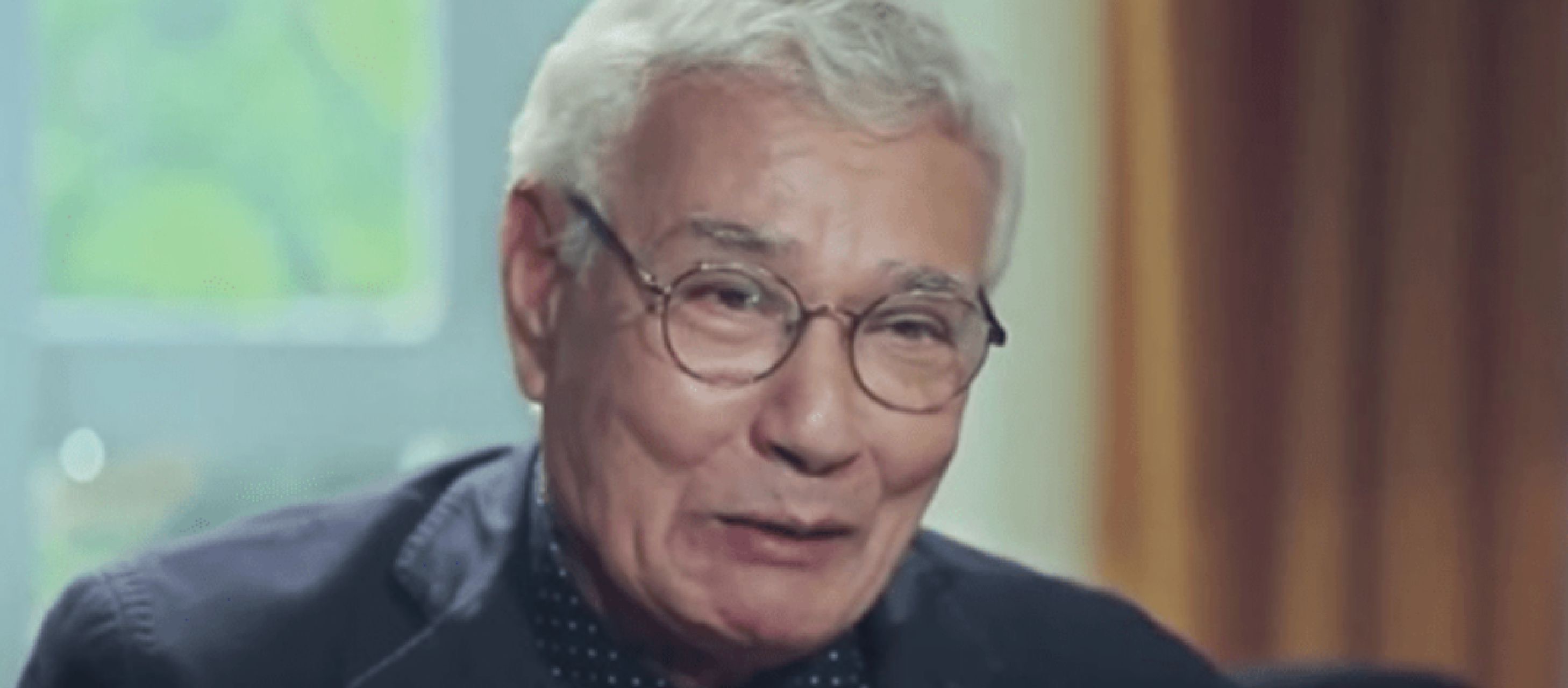Renowned Egyptian Short Story writer Said Al Kafrawi has passed away on Saturday, November 14, 2020. He was 81. During his long career, the late author had enriched the literary arena with notable short stories, some of which were translated into a number of foreign languages.
The late Al Kafrwai was considered one of the icons of the 1960s generation, which shaped modern Egyptian literature and departed from traditional literary form in the quest for innovation, establishing itself as one of the most influential generations in Egyptian literature. Al Kafrawi was dubbed the “Monk of Short Story Writing” because he remained faithful to the short-story genre. His short stories shed light on life in the Egyptian countryside.
Said Al Kafrawi was born in 1942 the in Kafr Hejazi village, in El Mahalla Al Kubra city, where he grew up. His passion for literature began early on in his youth and lead him to form a literary club at El Mahalla Al Kubra Cultural Palace, which included his friends Gaber Asfour, Mohamed El Mansi Qandil, SunAllah Ibrahim, Nasr Hamed Abu Zaid, Mohamed Saleh and Farid Abu Sa’da. Later, El Kafrawi became a regular face at the Naguib Mahfouz circle at the Café he used to go to in Cairo.
A few days prior to the death of late Egyptian president Gamal Abdel Nasser in 1970, El Kafrawi was arrested or a controversial short story published in an Egyptian newspaper, Mahfouz used Al Kafrawi’s experience to form the character Ismaeil Sheikh for his 1975 acclaimed novel Karnak Cafe.
While Al Kafrawi began writing short stories in 1960s, his debut collection was only published in 1980s. Moreover, a number of his short stories were translated into English, French, German, Turkish, Swedish and Danish.
The late author’s most prominent short story collections include: Madinat Al Mowt Al Jameela (‘The Beautiful City of Death’, published in 1985), Satr Al Awra (‘Modesty’, 1989), Sidrat Al Muntaha (Lote Tree of utmost Boundaries, 1990), Majra Al Oyoun (1994), Dawa’er Min Haneen (Circles of Yearning, 1997) and Zubayda wal Wahsh (‘Zubayda and the Beast’, 2015).




